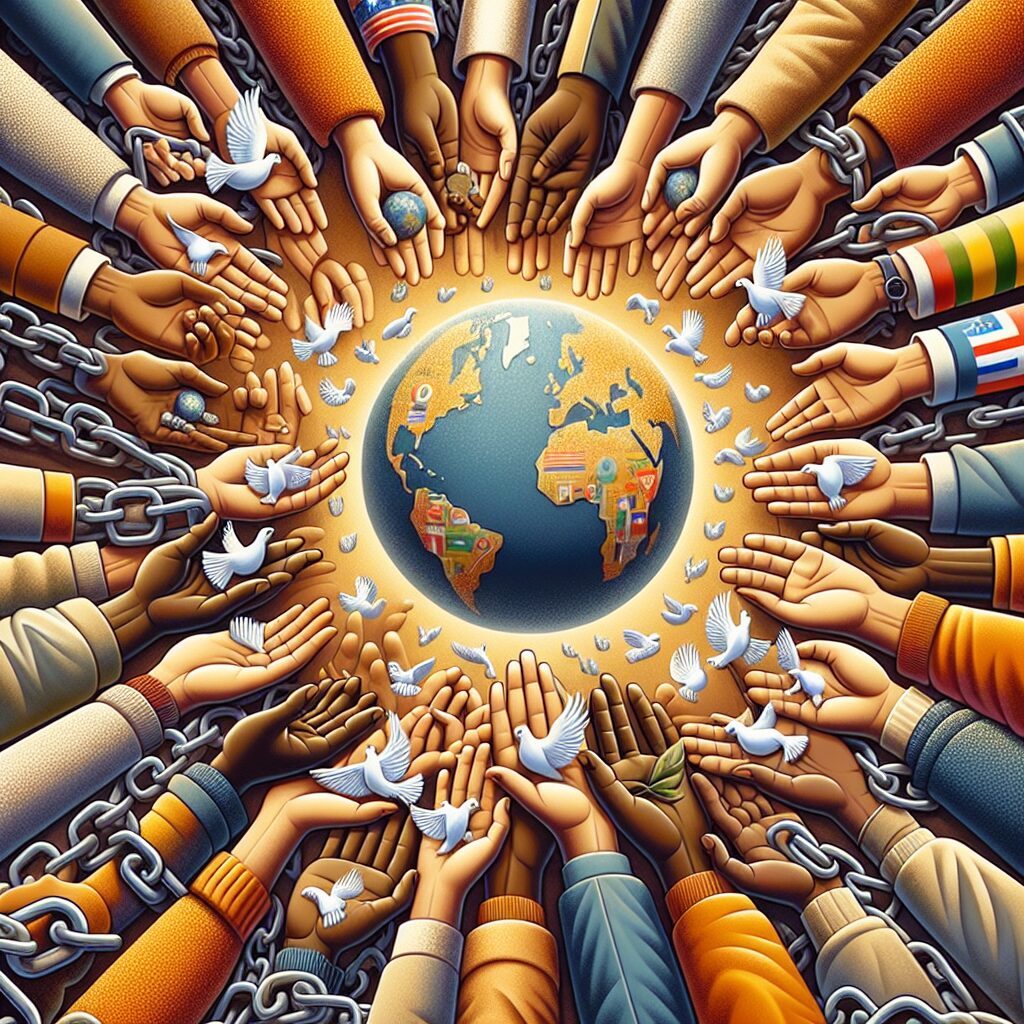Shattered Skies: Understanding the Human Toll of the Largest Drone-and-Missile Strike in the Russia-Ukraine War
The night sky, often a blanket of serene darkness, turned into a canvas of terror as Ukraine suffered the largest drone-and-missile onslaught of the ongoing conflict, leaving at least 12 souls to mourn and communities in disarray.
The Cold Hours of Conflict
Ukrainian streets, usually buzzing with the echoes of resilient spirits, were shadowed by the chilling roars of incoming drones and missiles. Officials detailed a harrowing picture: 128 drones slicing through the night, a relentless assault aiming to cripple and intimidate. Amidst this metal storm, Ukraine's air force displayed formidable resistance, intercepting 112 of these aerial threats. This wasn't just a display of military might; it was a desperate fight for survival, a testament to the unyielding human spirit facing the machinery of war.
On the other end, Moscow responded with a palpable tension, grounding flights at several major airports as the conflict’s echoes reached their backyards. This aerial tug-of-war drew a broader regional response, with Poland scrambling fighter jets and Germany solidifying its military presence in Lithuania, a vivid display of the ripple effects of warfare extending beyond immediate borders.
The Human Cost
Every missile launched and every drone dispatched carries more than just explosives; they carry the weight of potential human loss and suffering. In the throes of these attacks, ordinary lives—mothers, fathers, friends—were upended. What does it mean for a family to suddenly lose a loved one to a distant decision of war? How do survivors reconcile the randomness of survival with the grief of loss?
The World Watches and Waits
The globe watches, often in helpless horror, as each chapter of this conflict unfolds, potentially altering the course of international relationships and human lives. The commitment of countries like Germany to defend allies like Lithuania underscores the interconnected nature of our modern geopolitical landscape. As Harvard Health suggests, the psychological toll of such conflicts can extend far beyond the immediate zones of conflict, affecting global mental health and societal stability.
Wrapping Up with a Reflection
As the dust settles momentarily and the world catches its breath, the story of this night remains a stark reminder of the fragile state of human affairs and the profound resilience often born out of strife. How much longer will we witness these skies split by conflict, and what future awaits on the other side of this turmoil?
FAQs
What precisely happened in the latest drone-and-missile strike in Ukraine?
A significant attack involving 128 drones targeted Ukraine, resulting in tragic casualties and extensive damage. Ukraine's forces managed to intercept a majority of these drones.
How did other countries react to this escalation?
Countries like Poland and Germany have actively increased their military readiness, with Germany stationing troops in Lithuania, marking a significant shift in their defense strategy.
What can the international community do to mitigate such conflicts?
While military responses are evident, diplomatic efforts and international pressure remain crucial in seeking resolutions to such aggressive actions.
How does such conflict affect global security?
Each act of aggression has potential global consequences, affecting international relations, economic stability, and global peace efforts.
Can local communities in conflict zones recover from such strikes?
Recovery is long and arduous, requiring both national and international support, focusing on rebuilding infrastructure and providing psychological and humanitarian aid.
Hashtags
#GeopoliticalTension #GlobalPeace #DroneWarfare #HumanRights #MilitaryDefense
Related Content from BiteCanvas.com
- Echoes of Conflict: The Real Price of War
- The Power of Diplomacy in Tense Times
- Understanding Global Military Movements
Remember, beneath each headline and statistic are human stories, pulses of life disrupted by the cacophony of war. How we respond, support, and reflect on these events shapes not just their outcomes, but our collective conscience.
